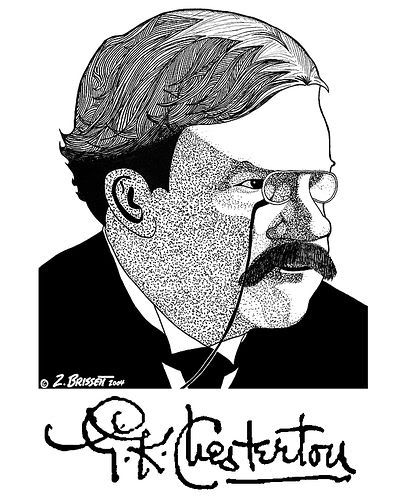Archer W. Kammerer, who owned a successful oil drilling equipment business in Fullerton, believed that most problems in American society were attributable to over-taxation. He believed that over-taxation would lead to some kind of revolution: "The solution will come and it will be in the form that it has always taken when taxation becomes unbearable. There will be an outside conqueror or there will be a real bloody revolution with the people chasing the tax collector down the street. I don't think there is any other way that the problem can be resolved."
He even blamed America's foreign wars on taxation: "My idea is that the income tax supplied the revenue for these wild-eyed characters who jump into anything that would divert public attention from their failures, which includes war...The Vietnam deal was a sneak process. Income tax revenue was responsible...and I am sure fifty thousand kids got killed in that one. I don't believe in that."
As a business owner and taxpayer, I can appreciate Kammerer's frustration. When we opened our art gallery, we had to pay an $800 franchise tax before we even opened our doors. However, I have trouble blaming any social or political problem on ONE thing. This is the fallacy of oversimplification. Tragically, oversimplification of complex issues is basically what news is. Even in this blog post, I am distilling and simplyfying complex information. It's kind of natural, I suppose. If we had all the information, the full story, our heads would probably burst. Recognizing the complexity of political issues makes it hard for me wholeheartedly embrace any ideology that can be distilled to a simple slogan.
But when hard times come, people do just that. They demand: "Who can we blame for our problems?" Kammerer blamed taxes. Should we blame terrorists? Oil Companies? Politicians? Unions? Abortion? Homosexuals? Illegal immigrants? The liberal media? The conservative media? Americans love a good scapegoat. It makes things simpler, and prevents us from having to actually examine our own lives, and how we might be complicit in these problems. Some time in the 1940s, the London Times asked its readers to submit answers to this question: What is the biggest problem facing the world today? The author G.K. Chesterton made this brilliant reply.
Dear sirs,
I am.
Sincerely,
G.K. Chesterton

